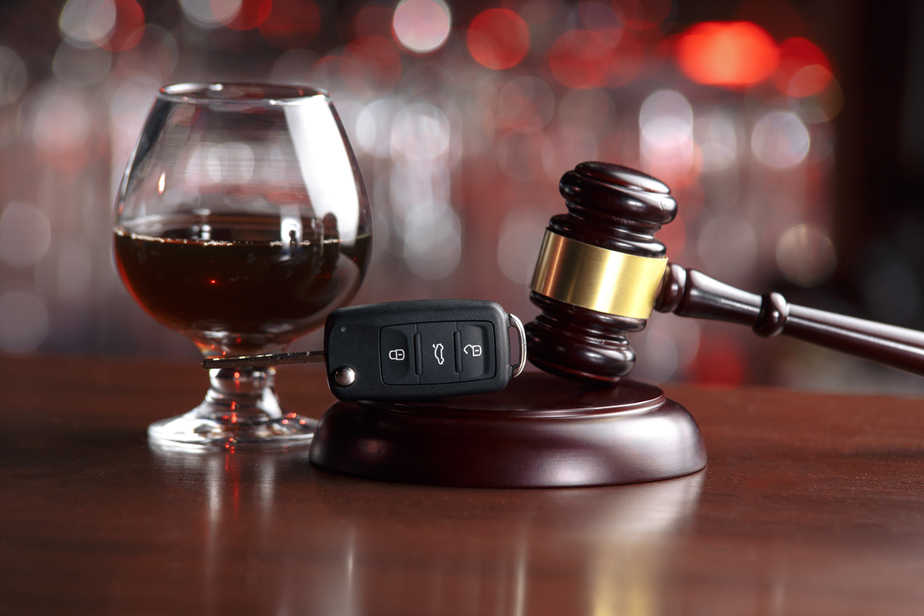4 Things To Do When You Have A DWI Charge
Receiving a DWI charge can have a huge impact on your life. It can negatively affect your job prospects, and a conviction will make it harder to obtain a job or attend college. Schools and employers will look at your record before hiring you or enrolling you in a program.
1. Assume You Are Being Recorded
Assuming you are being recorded is crucial to defending yourself against a DWI charge. Police officers have microphones and cameras mounted on their uniforms and in their vehicles. This means that anything you say to them will be recorded. So be polite and don’t talk about any personal matters. Remember that they are trying to get evidence against you, so try not to lie.
During the arrest, be polite and cooperative. If you are pulled over for driving while intoxicated, you’ll likely be taken to a breath-breath-testing station. At the breath center, you’ll likely be interviewed by a breath-tech operator. When talking to them, assume you’re being recorded. Many people blow their case by talking too much or cooperating in ways that hurt their DUI defense.
2. Understand What Implied Consent Means
If you’re receiving a DWI charge, it is important to understand what implied consent means and how it may impact your case. Implied consent refers to laws that allow police to test you for alcohol or drugs even when you’re not voluntarily intoxicated. You can be subject to additional penalties if you refuse to submit to a chemical test.
In New York, the law requires that police administer a chemical test if they believe you’re driving under the influence. If you refuse to submit to a breathalyzer test, you may face administrative penalties like suspension of your license or fines. But this law is not absolute. You may be able to challenge the breathalyzer test and get your license back.
It’s important to understand that implied consent laws can violate your constitutional rights. If you feel that a police officer infringes on your rights, familiarize yourself with the state’s traffic laws, such as the unmarked police car rule. You can also educate yourself on the signs of drunk driving to avoid getting pulled over.
Implied consent laws were passed to protect the public. After all, drunk drivers can cause serious injuries or even death to other motorists. So, it’s crucial to understand the laws surrounding implied consent before you make a mistake. However, there are some situations where you may not be able to resist the officer’s requests.
If you refuse to submit to a breathalyzer test or a blood or urine test, you may face penalties. The severity of these penalties depends on the state’s implied consent laws. For example, the court may require you to take a blood or urine test in New Hampshire, even if you refuse to take it yourself. This is called the refusal of implied consent, and if you refuse to give the test, you will have to pay fines and even lose your license.
3. Gather The Details
As soon as you receive a DWI charge, gather as much information as you can about the incident. This can include witness statements, the name and address of the subject, and the time and place of the violation. You should also gather the details of the traffic citation, any other traffic violations, and any other tests that were taken.
4. Prepare Your Defense
If you’ve been pulled over for a DWI charge, you should know that the prosecution’s goal is to prove beyond a reasonable doubt that you were driving under the influence of alcohol. Fortunately, several defenses can help you get out of this situation. One of these is a refusal defense. Even if you’re not technically impaired, a refusal defense can help you avoid a DWI conviction.
To do this, your attorney will first ask for the discovery of all the evidence. This evidence can include ashram and body-cam footage, police reports, and even 911 recordings. Your attorney will review this evidence to determine if it supports your defense. Evidence obtained through discovery may even be used as part of a motion before trial or at trial.
A DWI charge can be a stressful experience and you may not know what to do next. If you aren’t sure what to do, an experienced DWI attorney can explain the process and explain your options. Together with your lawyer, you can begin preparing your defense to fight the charge and avoid a DUI conviction. You’ll need to gather evidence to attack the state’s case and build a solid defense.
After you’ve gathered evidence, it’s time to appear before a judge. If you are found not guilty, the court will decide whether to continue with the case and proceed to trial. If your lawyer wins the trial, you will get the best chance of avoiding a conviction. If you’re found not guilty, the DWI charge will remain on your criminal record and will show up on background checks.
A DWI conviction can have lasting effects on your license. If you’re found guilty, your license will be suspended for six months, and you’ll be required to use an ignition interlock device in all of your cars for at least a year. In addition, you might lose your job if your job requires you to drive.
Having a DWI charge? We invite you to contact us or call us today if you need a help from an experienced DWI attorney. Visit our blog for more related articles.

